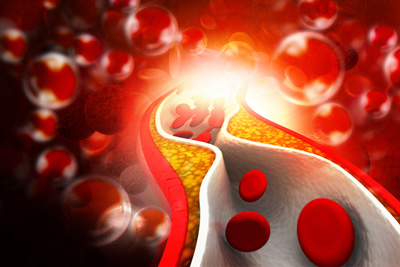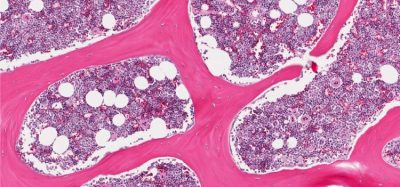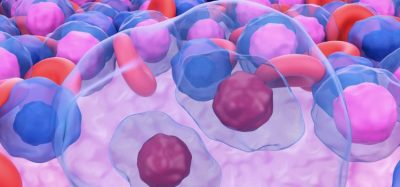Positive results for Praluent in patients undergoing LDL apheresis therapy
Posted: 23 March 2016 | | No comments yet
Patients who added Praluent to their existing treatment regimen significantly reduced the frequency of their apheresis therapy by 75% compared to placebo….


Regeneron and Sanofi have announced positive results from the Phase III ODYSSEY ESCAPE trial evaluating Praluent (alirocumab) Injection in patients with heterozygous familial hypercholesterolemia (HeFH), whose cholesterol levels required chronic, weekly or bi-weekly apheresis therapy.


The completed Phase III placebo-controlled ODYSSEY ESCAPE trial involved 62 patients from 14 treatment centres in the US and Germany. These patients were receiving regular baseline apheresis therapy at fixed intervals of every week or every 2 weeks prior to randomisation. Patients were randomised to receive Praluent 150 mg, subcutaneously every 2 weeks or placebo, in addition to their existing treatment regimen. The double-blind treatment period comprised two intervals: for the first 6 weeks, patients remained on their established apheresis schedule at baseline, and for the following 12 weeks, apheresis frequency was adjusted based on the patient’s LDL cholesterol response to treatment. ODYSSEY ESCAPE is part of the overarching Phase III ODYSSEY programme, which includes more than 25,000 patients.
The trial met its primary endpoint, demonstrating that patients who added Praluent to their existing treatment regimen significantly reduced the frequency of their apheresis therapy by 75%, compared to placebo. Sixty-three percent of patients treated with the therapy no longer required apheresis, compared to zero percent of placebo patients. Apheresis is a procedure where bad (LDL) cholesterol is removed from the blood, in a process similar to kidney dialysis.
Praluent may eliminate the need for apheresis
Commenting on the results, Bill Sasiela, Ph.D, VP, Programme Direction, Regeneron, said: “This is the first time a PCSK9 inhibitor has shown in a clinical study that it reduced the frequency of apheresis therapy, an invasive, difficult to access, time-consuming and expensive treatment for some of the most difficult-to-treat patients. The ODYSSEY clinical trial programme was designed to understand the effect of Praluent on many different patient populations with a high degree of unmet need who required further reduction of their LDL cholesterol.”
Apheresis therapy is invasive and burdensome to patients, given that it can take more than three hours. Treatment may also be inconvenient and cost up to $100,000 for each patient per year in the US or up to €60,000 in Germany.
“Despite statins, a subset of patients with heterozygous familial hypercholesterolemia are unable to sufficiently reduce their LDL cholesterol, and require regular apheresis treatment,” said Jay Edelberg, MD., Ph.D, Head of Cardiovascular Development, Sanofi. “The results demonstrate that treatment with Praluent may help these patients decrease the frequency or even eliminate the need for apheresis.”
The most common adverse events in the trial were fatigue, nasopharyngitis, diarrhoea, myalgia, upper respiratory infection, headache, arthralgia, and back pain.









